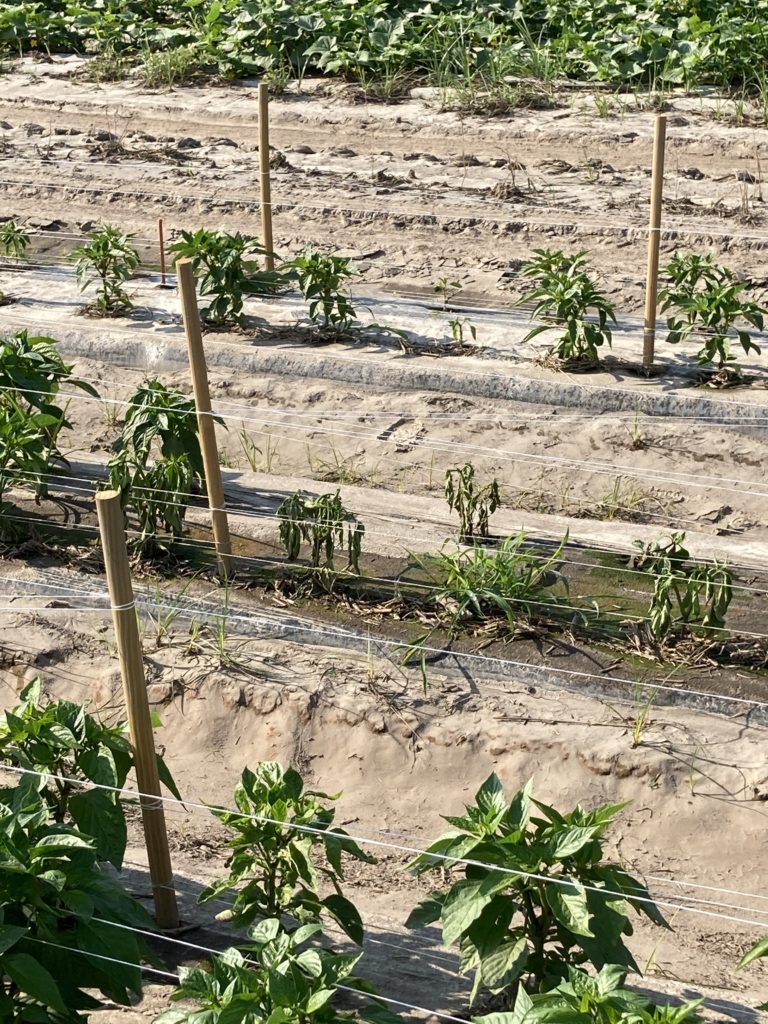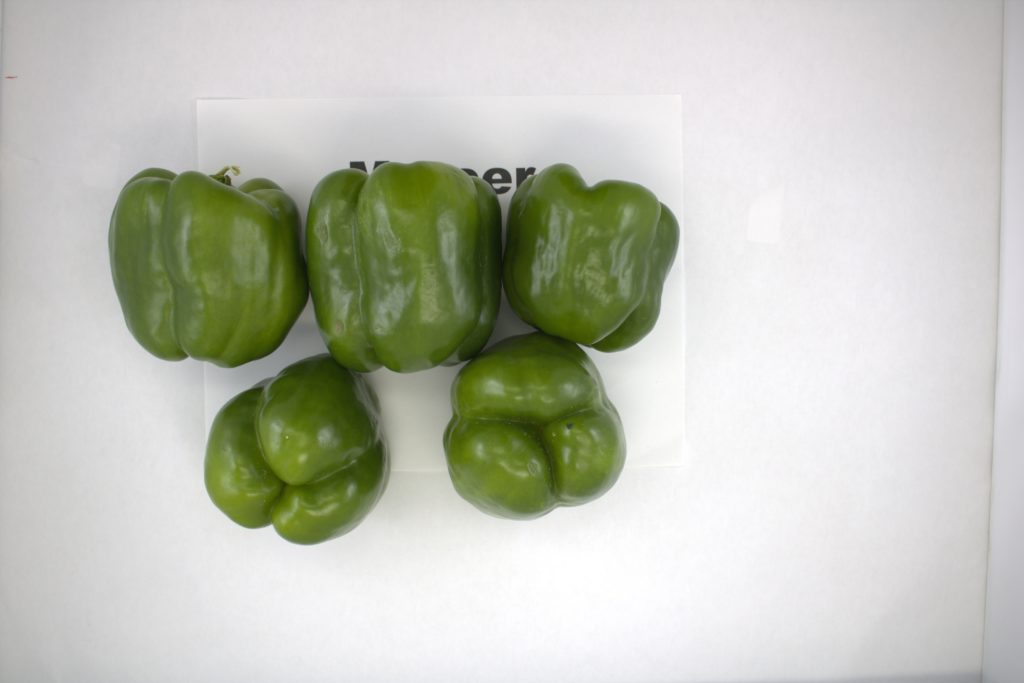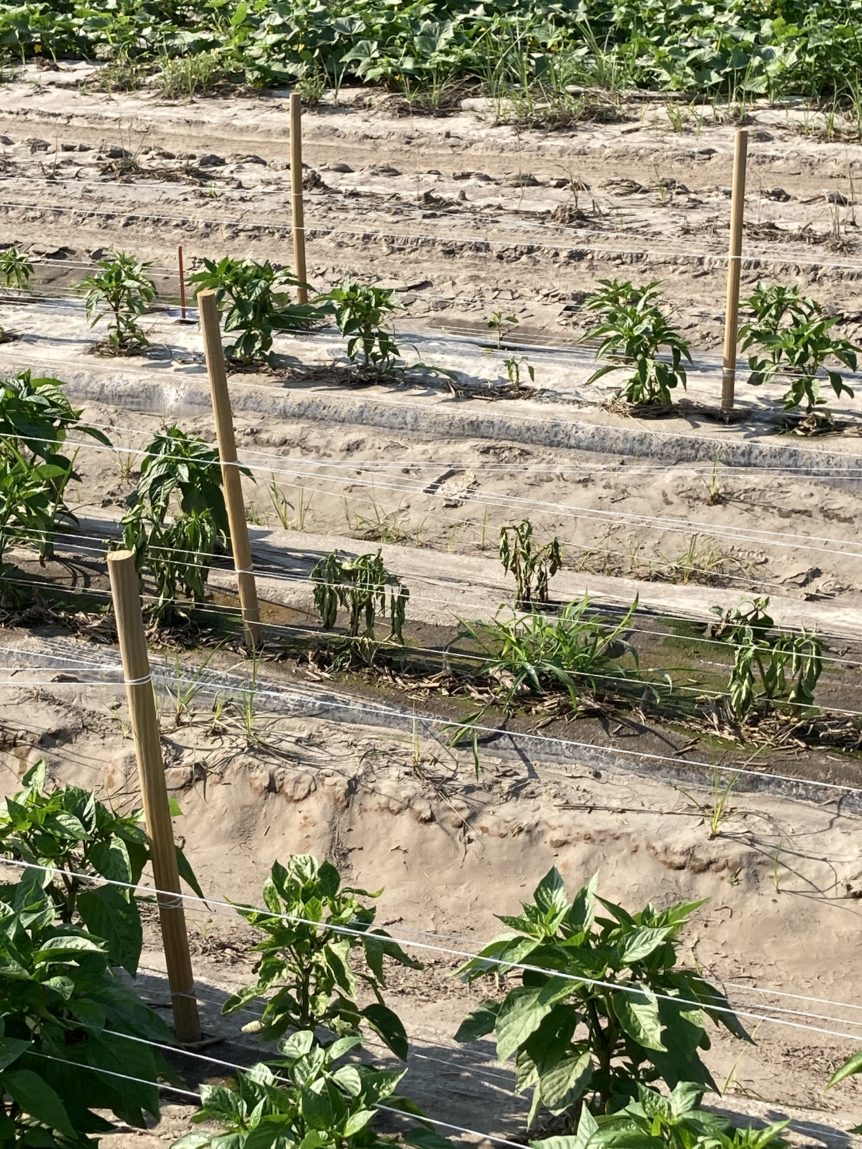
By Clint Thompson
University of Georgia (UGA) bell pepper research centered on phytophthora resistance is a focus of Ted McAvoy’s studies on the UGA Tifton campus.
The UGA Extension vegetable specialist explains that resistant varieties exist but in other parts of the country not suited for South Georgia producers. He hopes to change that.
“Phytophthora is the No. 1 soil-borne pathogen in bell pepper. There are resistant varieties, but they’re typically developed for the Northeast for New Jersey. Typically, they’re not well adapted to the south. That’s what I wanted to do, screen and see what is most adapted here to offer solutions,” McAvoy said. “I wanted to test the stuff that’s typically grown in the Northeast as well as newer varieties to see what’s most adaptable to our area.

“(The north has) had a longer history. For us, it’s more of an emerging problem. They’ve been using their farms over and over so they’ve had a more long-term sustained problem but yet we are hotter with different day lengths, just a different environment.”
According to UGA, phytophthora blight can cause defoliation, stem girdling or collapse of the plant from root loss. It is influenced by warm temperatures and steady rainfall, both common conditions throughout the Southeast.
McAvoy said a genetic resistance to the disease is growers’ best management approach, both in the short term and long term.
“I think a genetic approach would always be preferable. You’re not applying dangerous chemicals. They’re a lot of time more effective than chemical controls,” McAvoy said. “I think that’s the easiest, most long-term, best management solution.”










